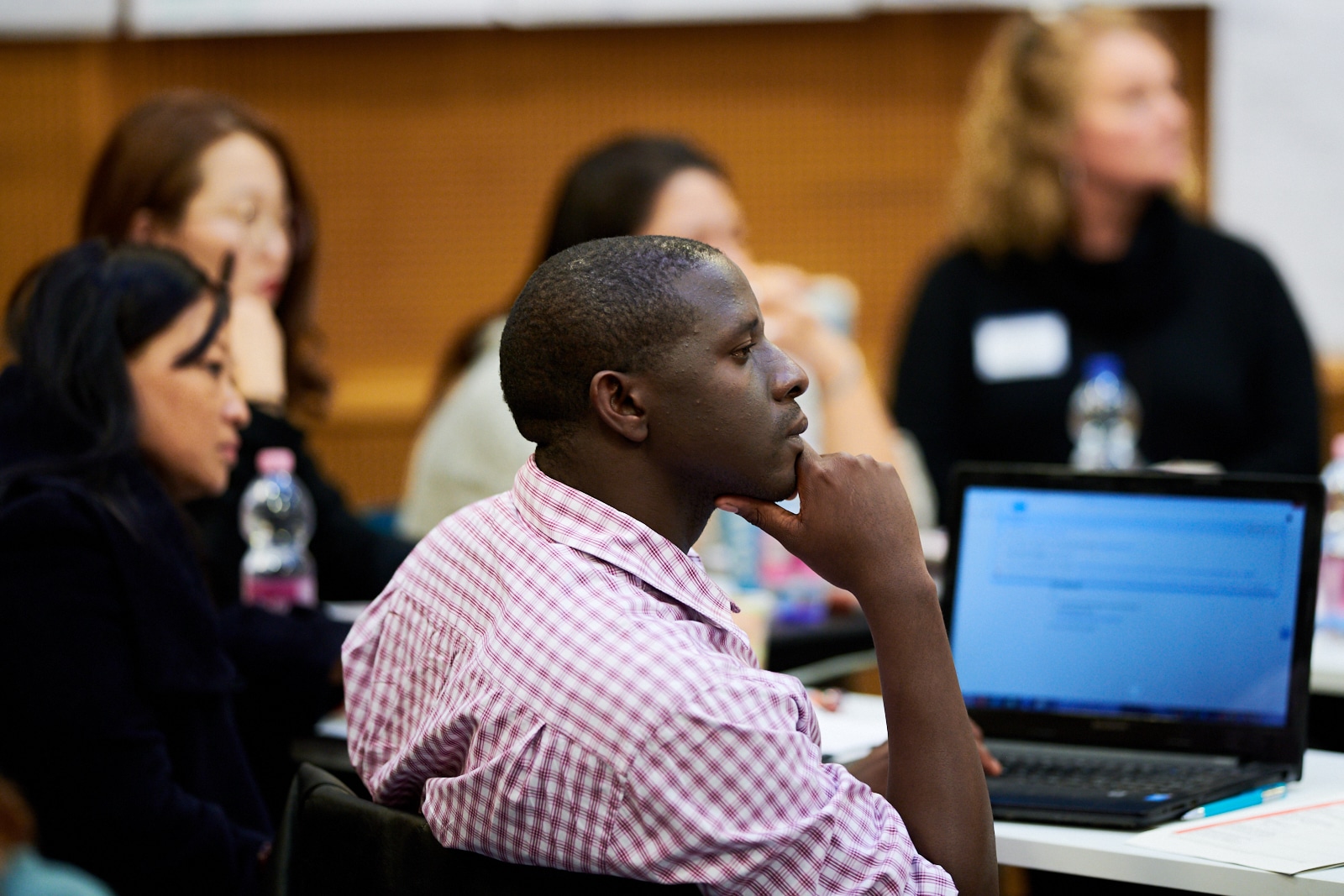News & Blogs
‘The Case to Fund and Protect Grassroots Justice Defenders’ – A View From Zimbabwe

During the course of this week Namati under the ‘Justice For All initiative’ produced a ‘policy brief [that] offers recommendations for policymakers, donors, and multilateral institutions on how to finance and protect … grassroots justice defenders who provide essential legal support to communities.’ (find it here). For Zimbabwe, this could not have come at a better time. Zimbabwe is currently at crossroads.
As you may already be aware, over the last 2 weeks Zimbabwean citizens have taken to the streets to protest against high fuel (gasoline) prices, skyrocketing inflation and general economic decay. The government responded through the use of disproportionate force by the army and police. The current political and security situation in Zimbabwe makes it difficult for grassroots justice defenders to carry-out their work. Moreover, grassroots justice defenders are the first and easy targets for arrest, torture and harassment by State Security Agents because they are at the frontline of witnessing human rights violations by the State and also documenting human rights violations.
For my organisation, Centre Stage Media Arts Foundation (CSMA), the current situation has negatively affected our work. The school calendar for the new year started on the 8th of January 2019. As we were preparing to go into schools to help children without national identity documents access them, the protests started and the heavy handed response of the State also followed. The prevailing political and security situation makes it difficult for para-legals and other community human rights activists that we work with to access schools, school children, parents, guardians and care-givers of children because their presence on the ground is mistaken by the State to mean that they are inciting members of the public to engage in protests.
In a bid to halt the protests the government also affected an illegal blanket internet shutdown. The internet shutdown has been ruled to be illegal through a provisional High Court order. Without the internet, grassroots human rights defenders could not communicate with citizens in distress and those who needed legal support and assistance during the course of the protests. Beyond violating the rights to access information and freedom of expression, the internet shutdown violated the socio-economic rights of citizens. Due to currency shortages in Zimbabweans, citizens use internet and mobile based platforms to buy basic groceries from shops.
Further, our para-legals have been denied the opportunity to access protesters who have been arrested and are in pre-trial detention at police stations to offer them legal support and also link them to human rights organisations and lawyers offering pro-bono legal services. The Zimbabwe Human Rights Commission (ZHRC), a statutory mandated body with the mandate of offering human rights protection to citizens has also been prevented from accessing suspects of public violence at police stations.
The ZHRC, as of today (22 January 2018) reports that 8 civilians have died through gun shot wounds. However, other human rights groups are reporting that the number could be as high as 12. Further to this, hundreds of people have been injured and some are afraid to seek medical attention at public hospitals for fear of arrest and detention.
In conclusion, the protection from violence, torture, detention and arrest of grassroots human rights defenders by the State has never been paramount in Zimbabwe as is the situation at the moment. On behalf of CSMA and other grassroot legal empowerment organisations and advocates, I implore this community to amplify our voices and calls for protection of citizens and justice defenders by the Government of Zimbabwe (GoZ) through whatever means that you have at your disposal.
Join the discussion about this story and more.
